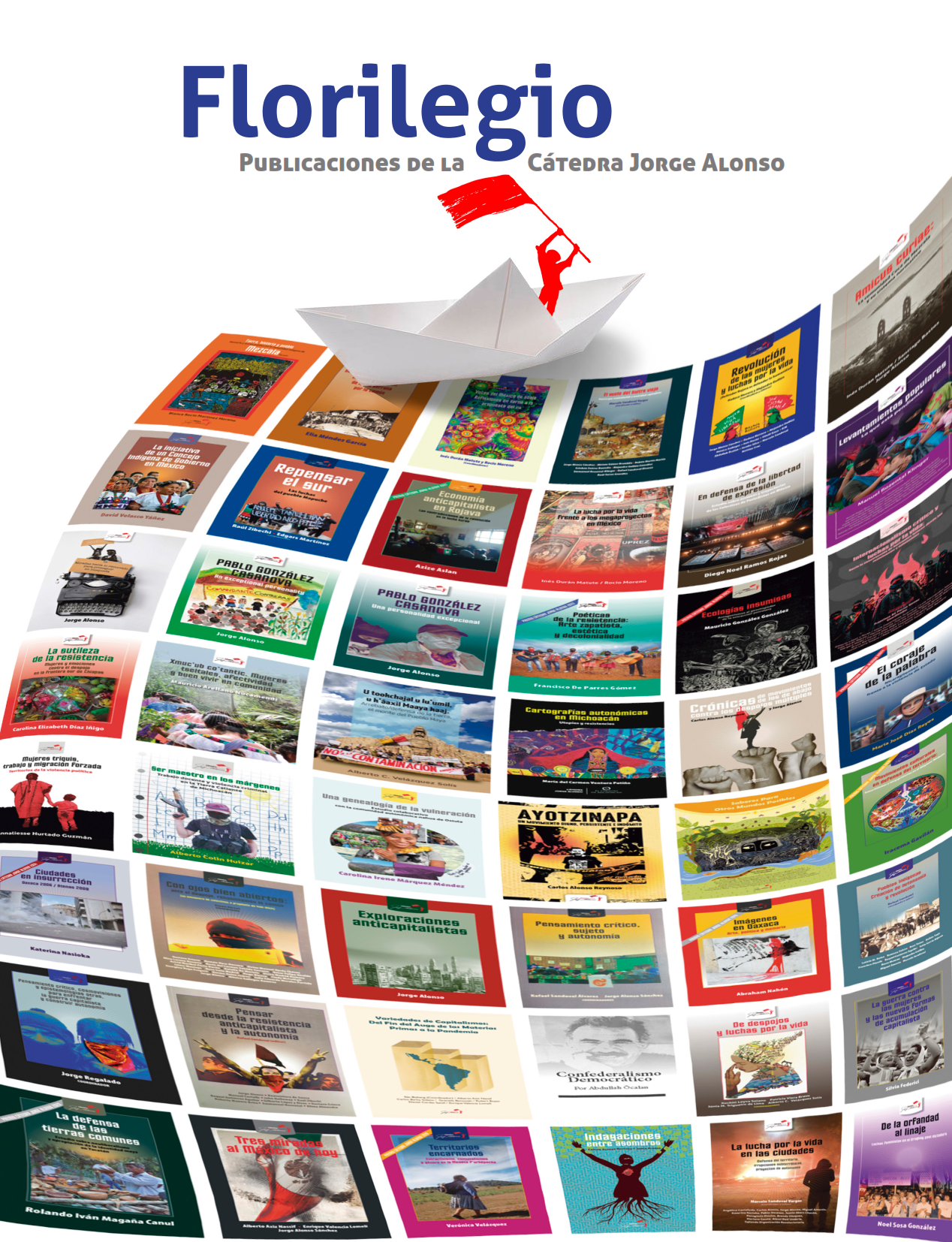Teaching of the Speech Based on Reference Prediction Units to International Students
Resumen
ABSTRACT
The article covers the simulation of a pedagogical strategy for forming skills to produce a monologic discourse based on reference prediction units. The purpose of the research was to identify optimal ways to form cognitive mechanisms for a monologic Russian-language discourse expansion with a rigid structure, primarily academic and academic-vocational, discourse in international students. Besides, it enables students to successfully predict and expand descriptive texts/discourses on various topics after one or two months. As a prospect for studying cataphoras in linguodidactics, let us note the following differentiation of student categories as an important point: extroverted students/introverted students.
RESUMEN
El artículo cubre la simulación de una estrategia pedagógica para formar habilidades con el fin de producir un discurso monológico basado en unidades de predicción de referencia. El propósito de la investigación fue identificar formas óptimas de establecer mecanismos cognitivos para una expansión monológica del discurso en ruso, con una estructura rígida, principalmente académico-vocacional, en el discurso de los estudiantes internacionales. Por otra parte, permite a los estudiantes predecir y expandir con éxito textos / discursos descriptivos sobre varios temas después de uno o dos meses. Como perspectiva para el estudio de las catáforas en lingüodidáctica, observemos la siguiente diferenciación de categorías de estudiantes como un punto importante: estudiantes extrovertidos / estudiantes introvertidos.
Citas
ALMAZOVA, NI, EREMIN, YUV, RUBTSOVA, AV (2016). “Productive Linguodidactic Technology as an Innovative approach to the Problem of Foreign Language Training Efficiency in high School”. Russian Linguistic Bulletin, 3(7), pp.50-54.
AREND, B & SUNNEN, P (2016). “Dialogic Teaching - Investigating Teacher-Student Talk from a CA perspective”. International Journal for Cross-Disciplinary Subjects in Education, 7(4), pp.2906-2912.
AZIMOV, EG & SHCHUKIN, AN (2009). New dictionary of methodological terms and concepts (theory and practice of language teaching). Мoscow: Ikar.
BERNSTEIN, NА (1996). Essays on the physiology of movements and the physiology of activity. Мoscow: Medicine.
CAYLAK, H & MUHAMMAD, LP (2017). “Classroom Discourse as Innovative Platform for Developing Foreign Student Linguistic Personality”. RUDN Journal of Russian and Foreign Languages Research and Teaching, 15(1), pp.77-90.
CHIBISOVA, ОV (2016). “Intercultural Communication with Peers as a Linguodidactic Problem”. News of Science and Education, 10(12), pp.267-273.
DARLING-HAMMOND, L, FLOOK, L, COOK-HARVEY, C, BARRON & B, OSHER, D (2019). “Implications for educational practice of the science of learning and development. Applied Developmental Science”. Retrieved December 30, 2019, from https://tandfonline.com/doi/full/10.1080/10888691.2018.1537791?scroll=top&needAccess=true
DOLZHIKOVA, A, KURILENKO, V, YURMANOVA, S, MUHAMMAD, L & SHCHERBAKOVA, O (2018). “Multilingual educational-methodological complex as a new means of teaching a foreign language to applicants of medical schools”. 5th International multidisciplinary scientific conference on social sciences and arts 26 August – 01 September, 2018 Albena, Bulgaria, pp.527-534.
GORKALTSEVA, E, GOZHIN, А & NAGEL, O (2015). XV Enhancing Oral Fluency as a Linguodidactic Issue. International Conference "Linguistic and Cultural Studies: Traditions and Innovations”, LKTI 2015, pp.9-11.
HERNÁNDEZ de VELAZCO, Judith ; CHUMACEIRO H., Ana C. & Atencio, Edith (2009).” Quality of service and human resources: Case study of a department store”. Revista Venezolana de Gerencia, 14(47), 457–470.
IZARENKOV, DI (1995). “Linguistic and methodological interpretation of an educational text”. Russian language abroad, 3(4), pp.58-64.
JANKOVSKA, A, MUHAMMAD, L & SHCHERBAKOVA, O (2018). Development trends in pedagogical and psychological sciences: the experience of countries of Eastern Europe and prospects of Ukraine: monograph. Riga, Latvia: Baltija Publishing.
KAZANINA, N & PHILLIPS, C. (2010). “Differential effects of constraints in the processing of Russian cataphora”. Quarterly Journal of Experimental Psychology, 63(2), pp.371-400.
LEONTYEV, АА (2001). Activity mind (Activity, Sign, Personality). Мoscow: Smysl.
MUHAMMAD & VAN LISYA (2017). “Descriptive text in Chinese philology students' educational process (the primary stage of training)”. International Post-Graduate Student Bulletin. Russian Language Abroad, 4(2), pp.18-25.
MUHAMMAD, LP, TATARINOVA, NV, KHALEYEVA, ОN & BERTYAKOVA, АN (2019). “The solution of tasks of the pre-university education stage by means of the Russian anthropological linguodidactics. Current trends and Future Perspectives in Russian Studies. Proceedings of the International Conference on Russian Studies at the University of Barcelona”. ICRS–2018, June 20-22, 2018. Barcelona: Triaba Ediciones.
RAMAKRISHNAN, S, ISAWASAN, P & MOHANAN, V (2015). “Hermeneutical Discourse Consciousness Architecture for the Establishment of Hermeneutical Discourse”. Procedia - Social and Behavioral Sciences, 208, pp.96-103.
SAYAHOVA, LG (2014). “Concept as a unit of linguoculturology, cognitive linguistics and linguodidactics”. Vestnik Bashkirskogo universiteta, 19(3), pp.987-993.
SKIDMORE, D (2000). “From pedagogical dialogue to dialogical pedagogy”. Language and Education, 14(4), pp.283-296.
TRNAVAC, R & TABOADA, M (2016). “Cataphora, backgrounding and accessibility in discourse”. Journal of Pragmatics, 9(3), pp.68-84.
VASYUKHNO, LP (1996). “Account the cataphoric function of the case form when teaching to read special texts (the primary stage of training). Dissertation of a Candidate of Pedagogical Sciences”. Мoscow: Pushkin State Russian Language Institute.
VILLALOBOS ANTÚNEZ, JOSÉ VICENTE (2015). “Tecnociencia, derecho y sociedad: Pilares de una modernidad inacabada”. Opción. Revista de Ciencias Humanas y Sociales. Vol. 31, N° 76: 5-12
VOINALOVYCH, L (2013). “Peculiarities of Teaching the Monological Speech Competence on the First-Year of Study of the Foreign Language Departments”. Retrieved December 30, 2019, from http://eprints.zu.edu.ua/14796/1/5_%D0%92%D0%BE%D0%B9%D0%BD%D0%B0%D0%BB%D0%BE%D0%B2%D0%B8%D1%87_%D0%9B.__TESOL_2013.pdf
WEISER, GM AND KLIMENTENKO, AD (1992). Development of speech in the English language. Moscow: Prosveshchenie.
ZORINA, NM & KORTUNOV, VV (2014). “The Issues of Methodology of a Discourse-Analysis in Teaching of Professional Speech to the Students of Non-Philological Specialties”. Middle-East Journal of Scientific Research, 19(4), pp.554-559.









